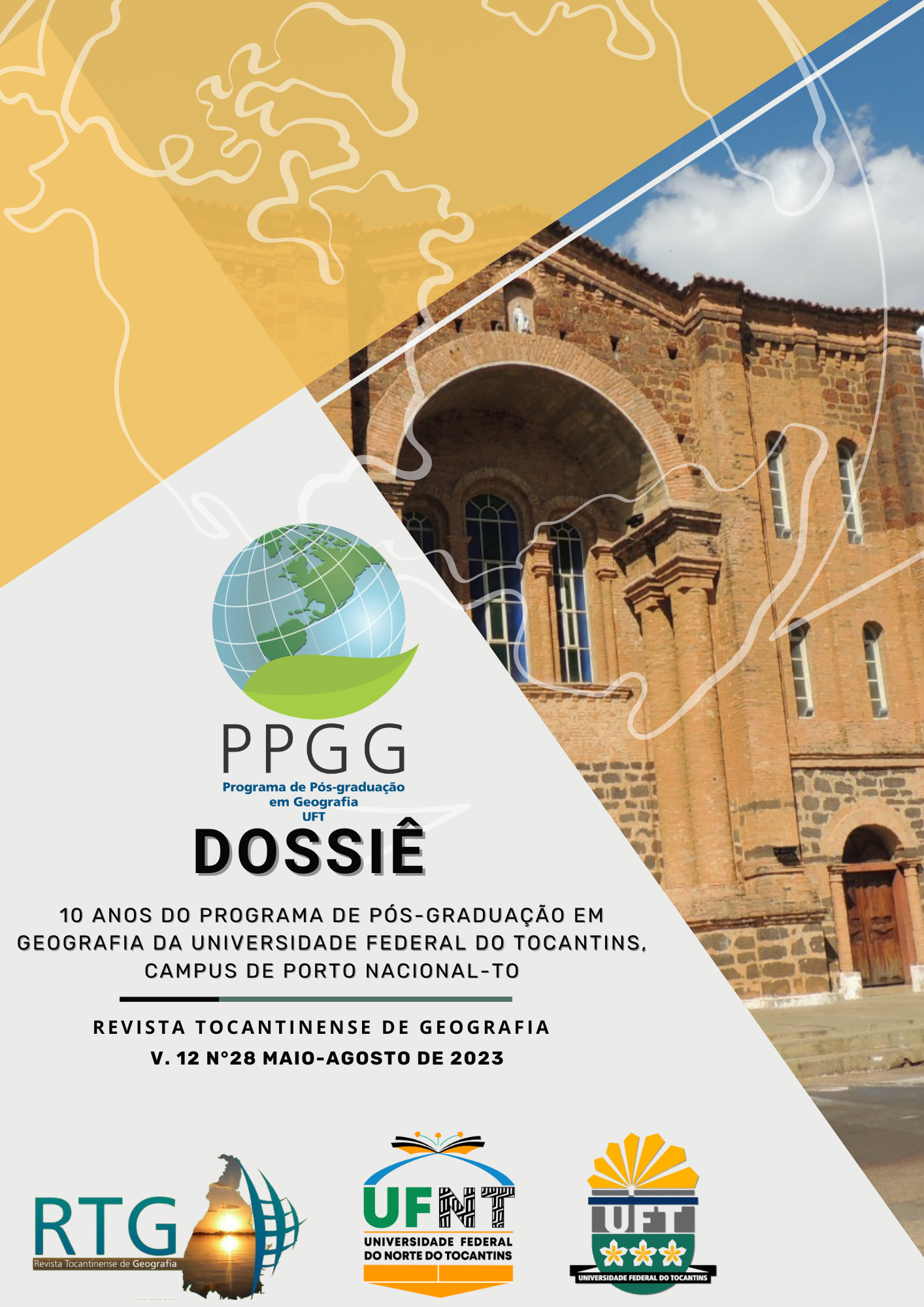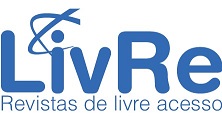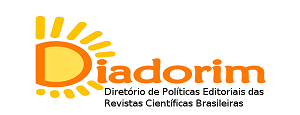ECONOMIA SOLIDÁRIA
A Incubadora de Empreendimentos Econômicos Solidários (EES) na Fronteira da Paz, Santana do Livramento/Rio Grande do Sul
DOI:
https://doi.org/10.20873/rtg.v12i28.16245Palavras-chave:
Economia solidária, incubação, autogestãoResumo
No contexto corrente de pandemia de Covid-19, a economia solidária nos ensina que o dinheiro não deve ser a prioridade, mas sim as pessoas e o cuidado com a natureza. Diante disso, o objetivo deste trabalho é descrever as atividades de incubação, capacitação, intercâmbio e prestação de assessoria técnica e tecnológica prestados aos EES em Santana do Livramento/RS pela Incubadora de Empreendimentos Econômicos Solidários na Fronteira da Paz. Criada em 2015, ela é fruto de uma parceria entre a Universidade Federal do Pampa (Unipampa), a Universidade Estadual do Rio Grande do Sul (Uergs) e o Instituto Federal Sul Rio-Grandense (IFSul), que possuem campus em Santana do Livramento/RS. Mesmo com falta de apoio e com a Pandemia da Covid-19, temos a certeza de que a incubadora deve continuar, ser fortalecida e acompanhar a caminhada desse movimento social que é resistência diante das desigualdades que corroem as sociedades capitalistas.
Referências
BUNDE, A. (Coord. 2019) Relatório de atividades do Projeto de incubação de empreendimentos econômicos solidários (EES) na Fronteira da Paz – Santana do Livramento – RS. Chamada CNPq/MTb-SENAES Nº 27/2017. Santana do Livramento, 2019.
BUNDE, A.; COSTA, C.; VILELLA, M. E. X.; INACIO, L. R. A experiência da Incubadora de Empreendimentos Econômicos Solidários (EES) na Fronteira da Paz, Santana do Livramento/RS. In: VII Simpósio Internacional Desigualdades, Direitos e Políticas Públicas: Saúde, Corpos e Poder na América Latina, 2020, São Leopoldo - RS. Anais do VII Simpósio Internacional Desigualdades, Direitos e Políticas Públicas: Saúde, Corpos e Poder na América Latina. São Leopoldo - RS: Guarita Digital, 2020. p. 1159-1169.
COSTA, C. (Coord. 2016) Relatório de atividades do Projeto de incubação de empreendimentos econômicos solidários (EES) em Santana do Livramento/RS. CHAMADA MCTI-SECIS/MTE-SENAES/CNPq Nº 21/2015. Santana do Livramento, 2016.
DAGNINO, R., (s/d). “Em direção a uma Estratégia para a redução da pobreza: a Economia Solidária e a Adequação Sócio-técnica”. http://www.campus-oei.org/salactsi/rdagnino5.htm. FRANÇA FILHO, G.C., & LAVILLE, J-L., 2004. A Economia Solidária: uma abordagem internacional. Porto Alegre: Editora da UFRGS.
FIGUEIREDO, N. M. A. Método e metodologia na pesquisa científica. 2ª ed. São Caetano do Sul, São Paulo, Yendis Editora, 2007.
GAIGER, L. (org.). Sentidos e experiências da economia solidária no Brasil. Porto Alegre, UFRGS, 2004.
GIL, A. C. Como elaborar projetos de pesquisa. São Paulo: Atlas, 2002.
SÁ-SILVA, J.; ALMEIDA, C. & GUINDANI, J. Pesquisa documental: pistas teóricas e metodológicas. Revista Brasileira de História & Ciências Sociais, São Leopoldo, ano. I, n. I, jul. 2009.
SINGER, P. Introdução à Economia Solidária. São Paulo: Editora Fundação Perseu Abramo, 2002.
SINGER, P. “Economia solidária: um modo de produção e distribuição”. Em: SINGER, P. e SOUZA, A. R. (orgs.) A economia solidária no Brasil: a autogestão como resposta ao desemprego. São Paulo: Contexto, 2000.
Downloads
Publicado
Como Citar
Edição
Seção
Licença
Copyright (c) 2023 Revista Tocantinense de Geografia

Este trabalho está licenciado sob uma licença Creative Commons Attribution-NonCommercial-NoDerivatives 4.0 International License.
A Revista Tocantinense de Geografia não remunera nenhum autor pela publicação de seus textos. Os conteúdos dos textos publicados neste periódico são de responsabilidade de seus autores.









.png)












